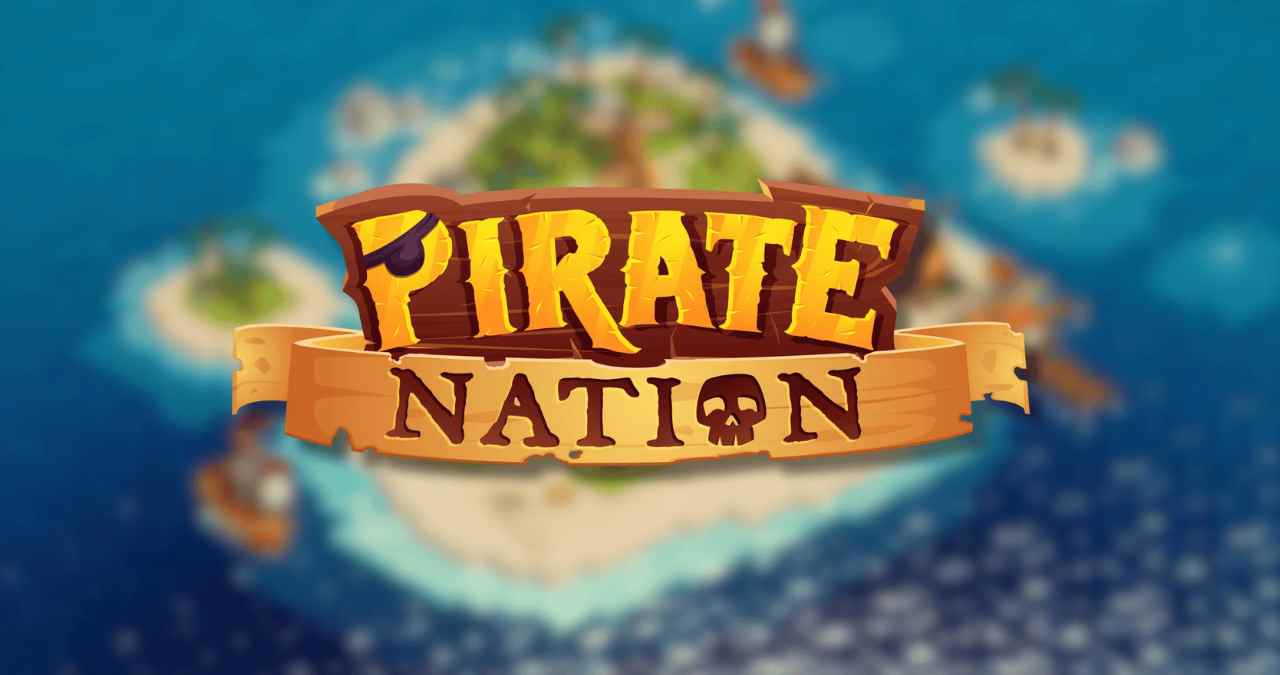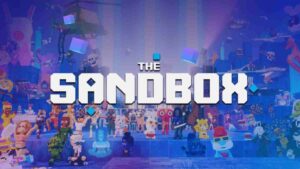After building steady momentum with its Web3 RPG Pirate Nation, Proof of Play is hitting pause. The studio has decided to halt development of the game itself, shifting focus to the broader $PIRATE token ecosystem and staking models instead.
The change comes as part of a larger realignment. Rather than continue building a fully playable RPG, Proof of Play wants to double down on blockchain architecture, community governance, and token mechanics that underpin the project.
Game Development on Hold
As of mid-August, core development on Pirate Nation has officially stopped. While existing players can still access the game, there are no plans for new content, features, or expansions in the near future.
The studio cited strategic alignment as the reason behind this move. By halting game work, they aim to concentrate resources on token economics and decentralized tooling. It’s a notable shift, especially given that Pirate Nation had positioned itself as one of the more polished and accessible Web3 games in development.
Expanding the $PIRATE Token Ecosystem
Instead of game updates, Proof of Play is redirecting efforts toward growing $PIRATE. This includes building out staking programs, marketplace support, and potential cross-project integrations.
The token will remain on Arbitrum, and the roadmap now leans heavily into infrastructure: smart contract layers, creator tools, and features designed to help other devs plug into the $PIRATE ecosystem. This could turn the project into more of a foundational platform than a standalone game.
The decision also signals an intent to drive broader adoption through token utility, rather than gameplay alone. That might resonate with crypto-native users but leaves more casual gamers without new experiences in the short term.
What This Means for Players and Devs
For players already invested in Pirate Nation, the pivot may feel like an abrupt shift away from what was shaping up to be a feature-rich, casual RPG. While the game is still playable, the lack of future updates changes its trajectory.
For developers, however, Proof of Play’s focus on open infrastructure and token utility could present new opportunities. If tools and staking systems are made accessible, other studios could potentially adopt $PIRATE for their own economies.
This move follows a broader trend in Web3, where some projects are prioritizing token ecosystems and modular tools over maintaining a single live game. Whether this strategy pays off depends on how well Proof of Play delivers on these blockchain-facing goals in the months ahead.
Web3 Analyst & Play Blockchain Games Guide
CryptoKit breaks down Web3 gaming like it’s second nature. From tokenomics to airdrop strategies, she turns blockchain chaos into clear, actionable advice for players who want to win more than XP.




